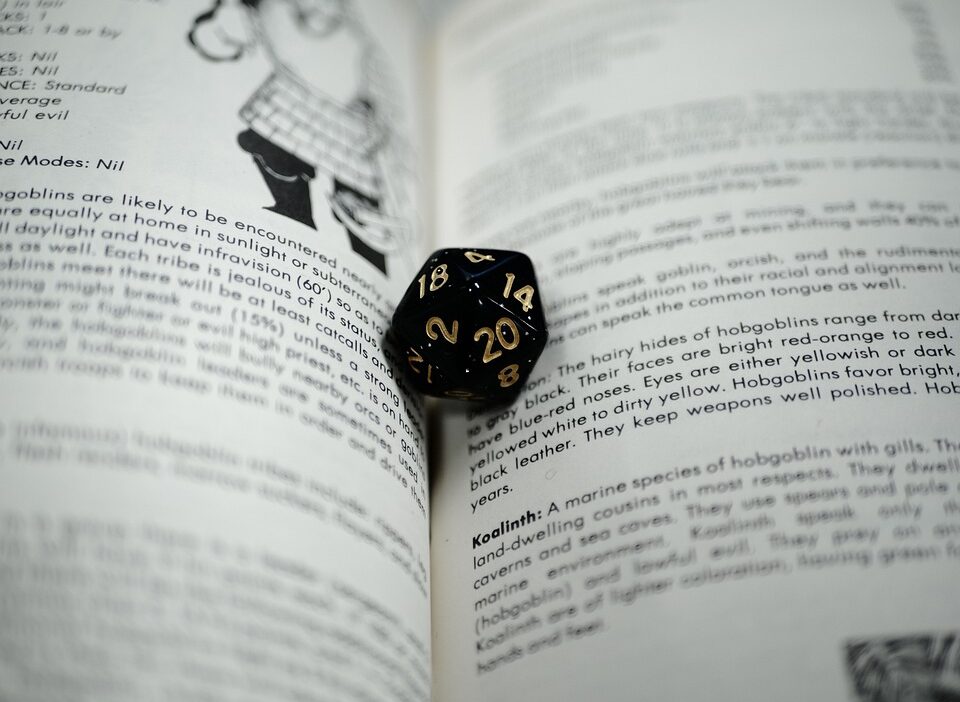As the world of competitive esports continues to grow exponentially, drawing millions of viewers and offering substantial financial rewards, it is essential to recognize that success in this field extends far beyond technical skills and in-game strategies. While precise aiming and fast reflexes are undoubtedly vital, the mental resilience required to thrive in such a high-pressure environment is often overlooked. This article explores the mental toughness required for competitive esports and the strategies players can adopt to cultivate this essential attribute.
The Pressure Cooker Environment
Competitive esports tournaments are often described as high-stakes arenas where players face intense pressure. Unlike traditional sports, where outcomes may not affect a player’s entire career trajectory, esports players find themselves in a landscape where a single match can determine their future. The pressure is magnified in front of live audiences and streaming viewers, further intensifying the scrutiny placed on players.
Mental Fatigue and Focus
Players must maintain an extraordinary level of concentration during lengthy matches that can last for hours. Mental fatigue can set in, causing lapses in focus that can be detrimental to performance. The ability to stay mentally sharp while navigating the complexities of the game is crucial, as one misstep can lead to spiraling defeat.
Resilience in the Face of Adversity
Failure is an inherent aspect of competitive gaming. Whether it’s facing skilled opponents or enduring losing streaks, how a player responds to setbacks is critical. Resilience—the ability to recover from adversity and maintain motivation—is a cornerstone of mental toughness in esports.
Learning from Losses
Top players often view losses as opportunities for growth rather than as failures. They analyze their gameplay, identify weaknesses, and work tirelessly to improve. This growth mindset not only enhances their skills but also fortifies their mental resilience. The realization that every setback can lead to a new strategy or better gameplay fosters a more robust mental approach to challenges.
The Role of Team Dynamics
Unlike many individual sports, most esports are team-based and rely heavily on collaboration and communication. Mental toughness in this setting involves not just personal resilience but also the ability to work effectively with teammates, handle interpersonal conflicts, and maintain a positive atmosphere.
Building Team Cohesion
Successful teams invest time in team-building activities, both in and out of gameplay, to enhance synergy and trust. They develop strategies to address conflicts constructively and maintain open communication lines, knowing that a united front increases their chances of success. This mental toughness is about fostering an environment where each player feels valued and empowered to perform their best.
Mindfulness and Mental Conditioning
Incorporating mindfulness techniques and mental conditioning into training regimes can significantly enhance players’ mental toughness. Some practices that can help include:
-
Visualization: Envisioning successful gameplay scenarios can prepare players for high-pressure situations. This mental rehearsal helps reduce anxiety and enhance performance on game day.
-
Breath Control: Learning to manage breathing can reduce stress and anxiety. Controlled breathing techniques can keep players grounded and focused, especially during climatic moments in the game.
- Goal Setting: Establishing clear, achievable goals helps players focus on progress and improvement rather than solely on outcomes. This method fosters a sense of control and purpose, enhancing overall mental resilience.
The Importance of Support Systems
Finally, the role of mental health professionals cannot be understated in competitive esports. The pressures and demands of the scene can take a toll on players’ mental health. Having access to sports psychologists or mental coaches can help players develop coping strategies, address issues like anxiety or burnout, and maintain overall mental well-being.
Conclusion
In the realm of competitive esports, mental toughness is not merely an advantage; it is a necessity. As players strive for excellence in their respective fields, developing resilience, fostering communication, and prioritizing mental health become crucial components of their success. While the journey may be riddled with challenges and setbacks, it is the players who embrace mental toughness that will ultimately rise beyond the screen, transforming their passion for gaming into victory. As esports continues to shape the entertainment landscape, those who master the mental game will lead the charge into its future.



